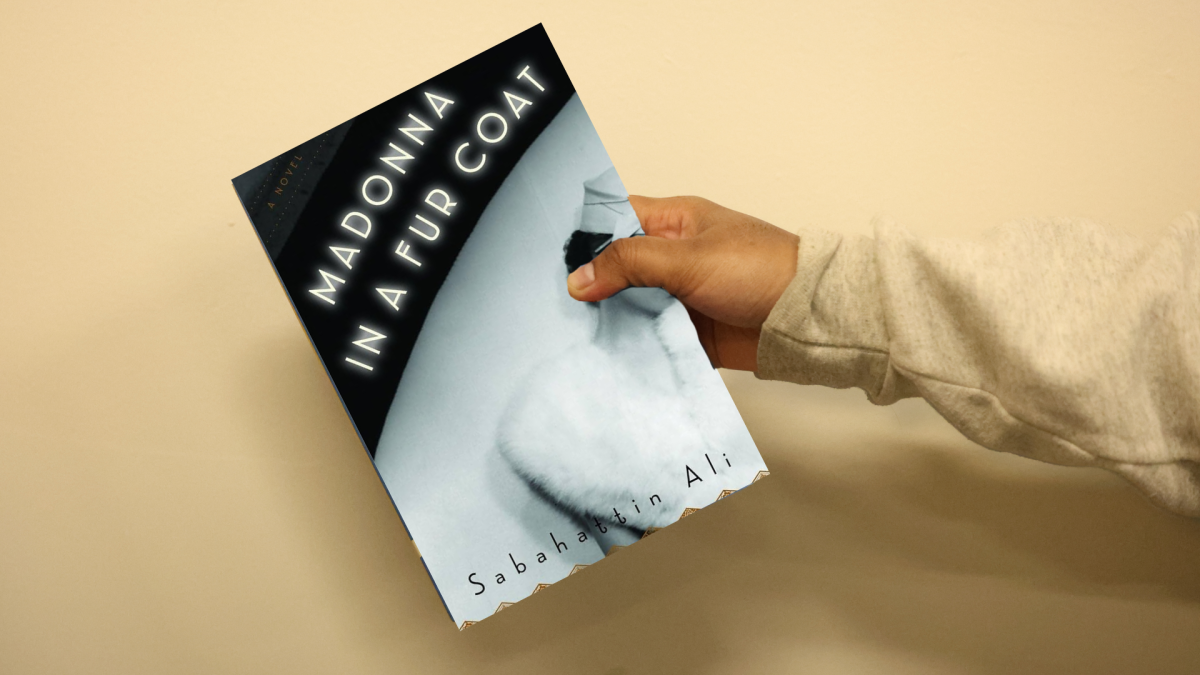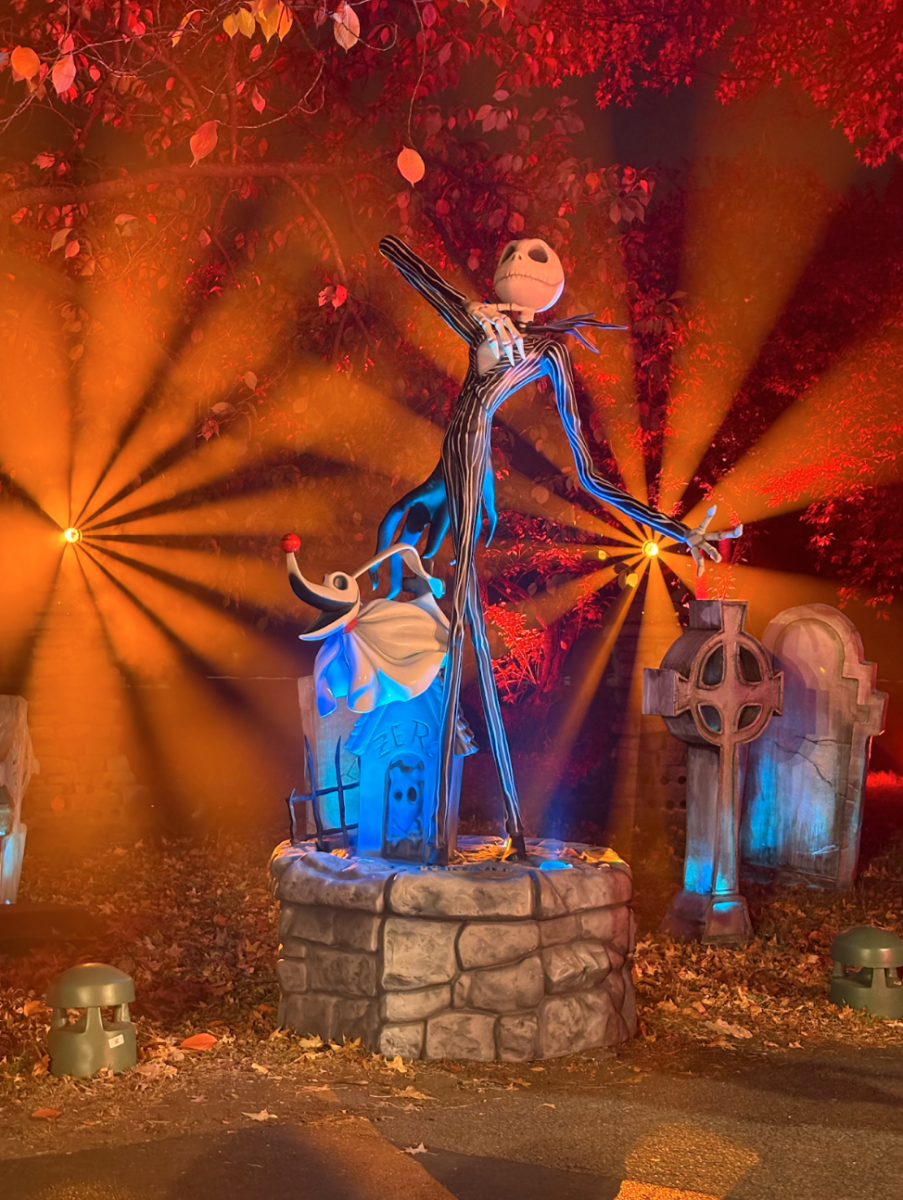There are sorts of stories that you may read when you least expect it. Stories that come across you when you’re waiting for one, stories that you read at night when you can’t see straight. As you read, you begin to watch. I saw the same streets I was on about a year ago today. I heard the same footsteps walking down them. As I began to read Sabahattin Ali’s 1943 novel “Madonna In A Fur Coat,” I immediately knew that it was one of these stories.
The novel begins in Ankara, Turkey, in the 1930s. The first protagonist we encounter is a man who is traveling to Ankara to find work. He is jobless and financially confused. He accepts some local work and becomes co-workers with Raif Efendi. As I read our narrator’s hopelessness, I was reminded of my own. He too cries over what feels like his own ineptitude.
Once our narrator gets a job and becomes fascinated by the elusive and forlorn Raif Efendi, we alongside him are taken in a different direction. The rest of the novel takes place in Raif’s journal. A black leather notebook which he commanded the protagonist to burn once Raif comes down as ill. But because biblioclasm is unacceptable for our narrator, rather than let Raif’s history melt away, we enter it.
On the whim of his father, Raif is sent to Berlin to study at a book factory and is expected to return after a year. Raif wanders the streets of Berlin alone, stumbling around at night, drinking too much and feeling unsettled. When he comes upon a free gallery, his eyes catch a portrait – The portrait “Madonna in a Fur Coat.”
Before seeing this portrait, Raif’s existence in Berlin seems pointless; he doesn’t like his homestay, which is infected with strange characters and lustrous, longing women chasing after him day and night. For Raif, the portrait, by Maria Puder, becomes his fascination and in short, his purpose during his year in Berlin.
Eventually, he meets Maria, and the two have an extraordinary rendezvous. They spend hours together, lasting deep into the night. She is an unhappy dancer and finds joy in Raif’s confusing and dedicated personality. She talks on and on of the disordered nature of love and her inability to know it deeply. She claims, despite the depth and closeness of her relationship with Raif, that she is incapable of loving anyone at all, and this disability has plagued all her past and eventually will affect her future relationships.
Raif, however, is experiencing undeniable feelings of love and affection for Maria, but he must suppress them despite their strong and sometimes romantic connection. In the end, Maria falls ill and the two depart Berlin. At first, they write letters, but that fades with time.It isn’t until 10 years later that Raif discovers Maria’s fate after a run-in with her aunt in Ankara.
Both Raif and Maria bond over being outsiders; they both feel as if they belong somewhere they aren’t, maybe even somewhere they can never be. Being alienated from his community follows Raif through the rest of his life. He marries a woman he doesn’t love, his children don’t bother him and he is silent at work, alone in his office. Raif starts his life as an enigma, an outsider until he meets Maria. But Raif also finishes his life as an outsider, alone and uninterested. The only time where Raif feels real harmony is with Maria, and even that relationship is too complicated to feel full. He is constantly thinking about his past, living in melancholy.
Novelist Sabahattin Ali creates a narrative out of Raif’s journal. As we read his thoughts, the mundane story of an unrequited romantic love becomes a world in and of itself — it becomes an idea of what love can be without sex, what it can be between two people who really see each other.
In spirituality, love isn’t a noun or a verb, it expands beyond the definable. It can be in some ways, a god. The love Ali creates in Raif’s story exists too as a god. It is so powerful and overwhelming that it bleeds off the pages as you read, warming your body and leaving you in awe. This novel is short, yet deeply affected. Each word is picked to impact you, to leave you in despair for a decided future, one that feels loveless but, like all things, is actually full of love.






































































































































































































